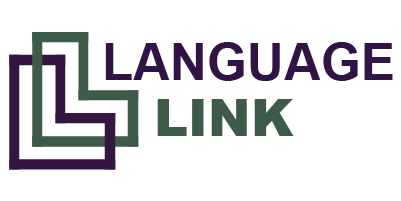True intelligence does not consist solely in an individual’s intellectual prowess but also in his ability to apprehend, understand and affect his own emotions and the emotions of others. Emotionally intelligent people are able to 1) identify positive and negative emotional traits in themselves and in others; 2) adapt their emotions to meet situational requirements and influence others to do the same; 3) create sustainable personal and professional relationships based on trust, honesty and empathy, and 4) utilize emotions to achieve goals and optimize the performance of individuals / groups. In this highly interactive course, participants will analyse the operating assumptions and limitations of the different models of emotional intelligence through personality testing, thought experiments and role-playing exercises. The aim of this course is to provide participants with the means to measure and enhance their level of emotional intelligence so they can deploy context-specific communicative strategies in both their personal and professional lives.
The programme includes:
Participants will learn how to:
Who should attend?
Emotional Intelligence
Language Link > Emotional Intelligence

